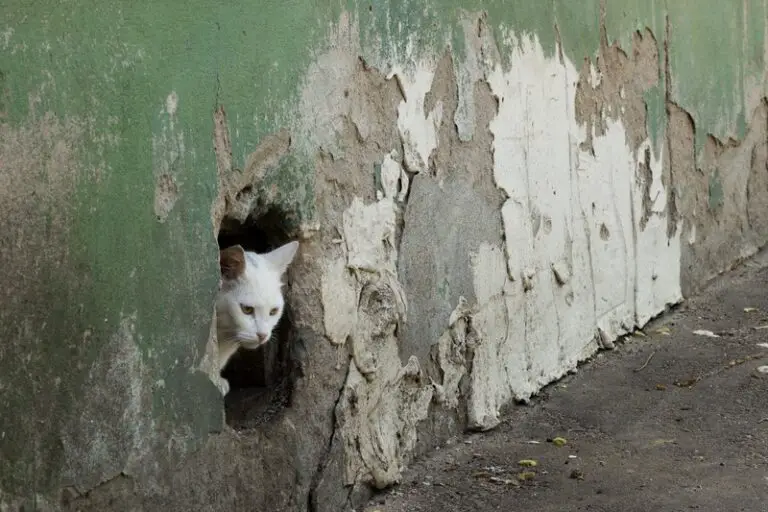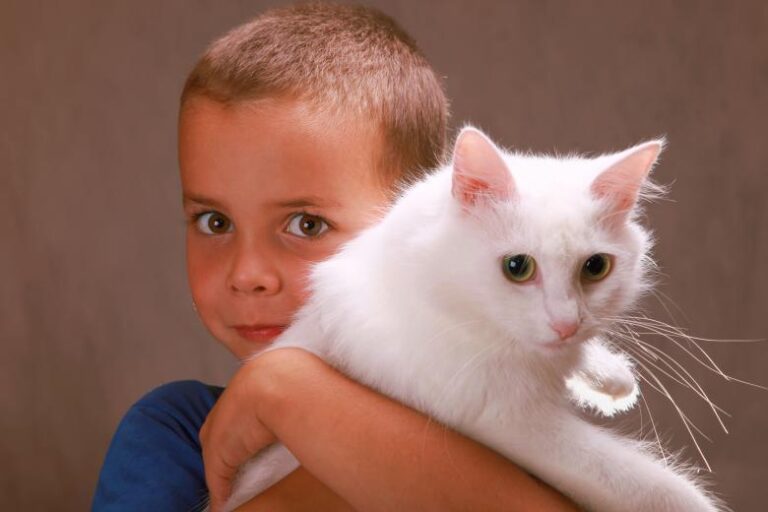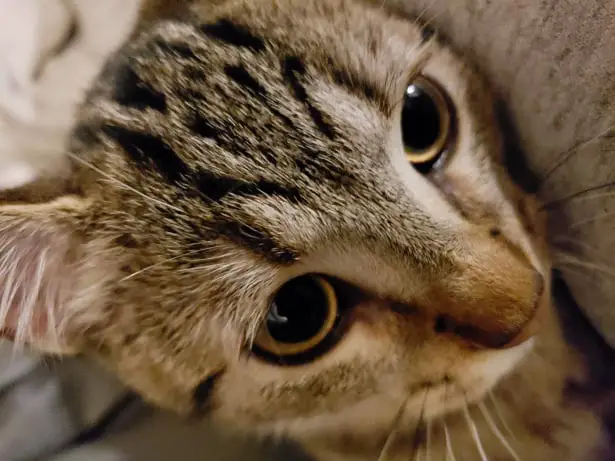
Cats are extremely clean animals and they wash their face in different ways. Cats have been known to clean their face with their paws, water, soap and more.
Cats wash their faces with their paws. This is because the pads of their paws are very soft and they can easily wipe away the dirt and grime.
The cats’ paws also have a lot of fur which acts as a natural soap. The cat rubs its paw against its face and then lathers it up in its mouth, using its tongue as well. Then it uses its paw to dry itself off.
The cats also use their tongues as a way to clean themselves. They lick themselves clean by rubbing their tongues against each other or against objects such as a wall or table leg.
The cat’s mouth is lined with tiny bumps (called “tongues”) that help them to clean their tongue and the inside of their mouth. These tongues are longer than they look like and they are very rough on the surface, which helps the cat to scrub it off.
The same thing happens when cats clean their faces. The front paws are equipped with long, pointed claws that allow them to scrub away any dirt or debris from the face area.
Should you clean your cat’s face?
Cats have a natural resistance to germs, so you shouldn’t worry about their face if they’re not sick. However, if your cat is scratching or licking her face, she could have an ear infection or other medical problem. If you see any of these signs, take your cat to the vet right away.
Cleaning your cat’s face can help with ear infections and dry skin. Cleaning their ears is especially important for cats who are prone to ear infections. Ear mites are also a common cause of dry skin in cats, so cleaning out their ears will help keep them from getting more of it.
Cats are self-cleaning creatures that can rid their body of parasites and other diseases by vomiting or grooming themselves. But they don’t always do this on their own. Many pet owners believe that cats need daily cleaning of their faces and ears because they get dirtier than dogs do, according to the ASPCA.
But the ASPCA says that while a cat’s mouth is often covered with bacteria, it doesn’t actually need regular cleaning as much as people think it does.
Cats’ teeth are sharp enough to cut through grass and other vegetation, so if your pet does have an ear infection or something else that needs cleaning regularly, more frequent cleaning won’t help any more than less frequent cleaning will help with bacterial build-up in their ears.
Why do cats wash their face so much?
Cats have an innate sense of cleanliness, and will often wash themselves if they feel dirty. Some cats may also do this to help remove soap residue from the fur on their face or paws.
Cats also tend to groom themselves more frequently than humans do, which can lead to some serious acne. This is especially true if your cat lives in a house with other pets, as they are more likely to rub up against each other and get dirt stuck between their fur and skin.
Cats are known to be very clean animals. They wash their face, ears and paws a lot for a number of reasons.
Cats have short fur, which is easily washed off by water. They also lick themselves, which helps remove dirt from their skin. Cats also like to play in water, which gets rid of dust and other small particles that might be on the fur.
Cats have evolved over many generations to keep their faces clean and dry so that they don’t get sick by having wet whiskers or eyes.
How do cats keep their head clean?
Cats use their whiskers to keep their heads clean. They use the whisker pads on their noses to pick up bacteria and dirt, which they then discard.
Cats’ whiskers are sensitive to touch and smell. Their whiskers also help them navigate around their environment.
Cats groom their face and head with the same purpose in mind. They are trying to keep their whiskers clean and smooth so that they can see well. The whiskers on a cat’s face have many functions.
They help them feel around as well as keep them from getting tangled up in things. Cats use their whiskers to stand on while they preen themselves, which also helps them keep their head clean.
A cat’s whiskers are its only sense of touch. They help the cat find its way around, and they also help it hunt. The hairs on the end of each whisker are very sensitive, so they can detect small movements that would be missed by a human’s eyes.
Cats also use their whiskers to clean themselves. When a cat rubs itself against something, its whiskers pick up dirt and other particles from the surface. This helps keep the cat’s fur clean and prevents dirt from getting into its nose and mouth.
Do cats groom their face?
Cats groom their face. The reason is that they are constantly cleaning and washing their face. This is why cats’ faces are always clean, smooth and bright.
Cats clean their face by rubbing it with the fur on their body, or by licking their own faces. They groom their ears, and they’ll lick their paws as well as clean them with their tongue. But cats don’t generally groom their faces.
Cats are pretty clean animals, but their fur makes them easy to keep clean by licking off loose dirt or dust. That’s a good way for cats to get rid of the dead skin cells that accumulate on their bodies when they’re not grooming themselves often enough.
Cats are known for their grooming habits. They love to wash themselves and groom their fur. Cats also love to play with their fur, so it is important that you keep your cat’s coat clean and free of tangles.
Cats use their paw to comb or pick the fur from their faces and ears. Cats use their paw to get rid of dead skin cells from the face and ears. Cats also use their paws to remove excess hair from the face and ears.
Why do cats clean themselves in front of you?
Cats clean themselves in front of you because you are their leader. They know that if they don’t keep up with you, they will be punished. The cat cleans itself to show you it is ready to move on to the next step.
Cats love to be petted, and they’ll do anything to get it. That includes rubbing against your legs and begging for more attention. But if you’re not giving them enough time, they may start cleaning themselves to get more attention.
Cats are very clean animals, and they will always take care of their bodies. Cats like to bathe themselves, but they also like to play with water and be clean. That’s why most cats love to take baths, especially when there are other animals around that do not enjoy baths as much as they do.
Cats also like to wash their fur because it feels good on their skin, and when they’re done playing in the water with their owners or friends, they lather themselves up with shampoo and rinse off thoroughly so that no dirt remains behind on their fur or skin.
Do cats really get clean when they lick themselves?
Cats don’t really get clean when they lick themselves. Cats’ tongues are like dogs’ tongues: they have glands that produce saliva and oils to keep their mouths moist and help them lap up food. The cats’ saliva mixes with their oils, and that’s how the cat licks itself.
There’s a popular myth that cats lick themselves to clean themselves. This is actually not true. Cats do not “lick” their bodies in this way, but instead lick the fur around their mouths and whiskers.
The cat’s tongue is covered with tiny hairs that pick up small particles of dirt and dust, and then deposit them on the tongue itself as well as on the fur around its mouth.
Cats don’t lick their faces clean because they’re not trying to get rid of dirt or parasites. They’re cleaning off any bits of food that might be stuck in their whiskers or fur, and it’s important for them to do this regularly so they don’t end up with food in those places.
Cats are probably the most self-cleaning animals on the planet. They don’t sweat, so their bodies don’t produce the natural oils that keep us humans cool and dry. They can lick themselves clean — which helps them avoid getting dirt into their fur, or from the surface of their skin.

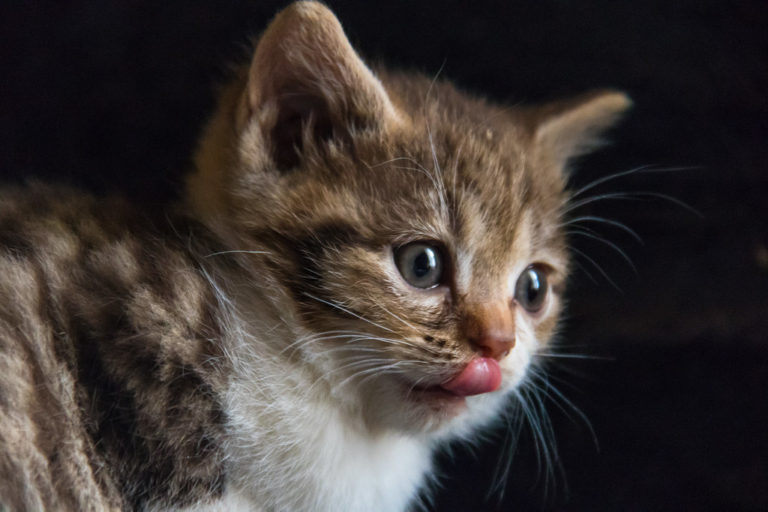
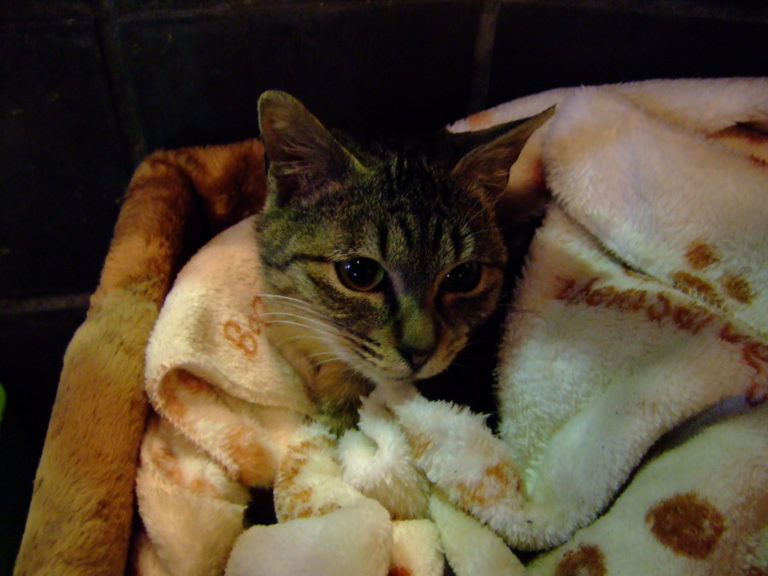
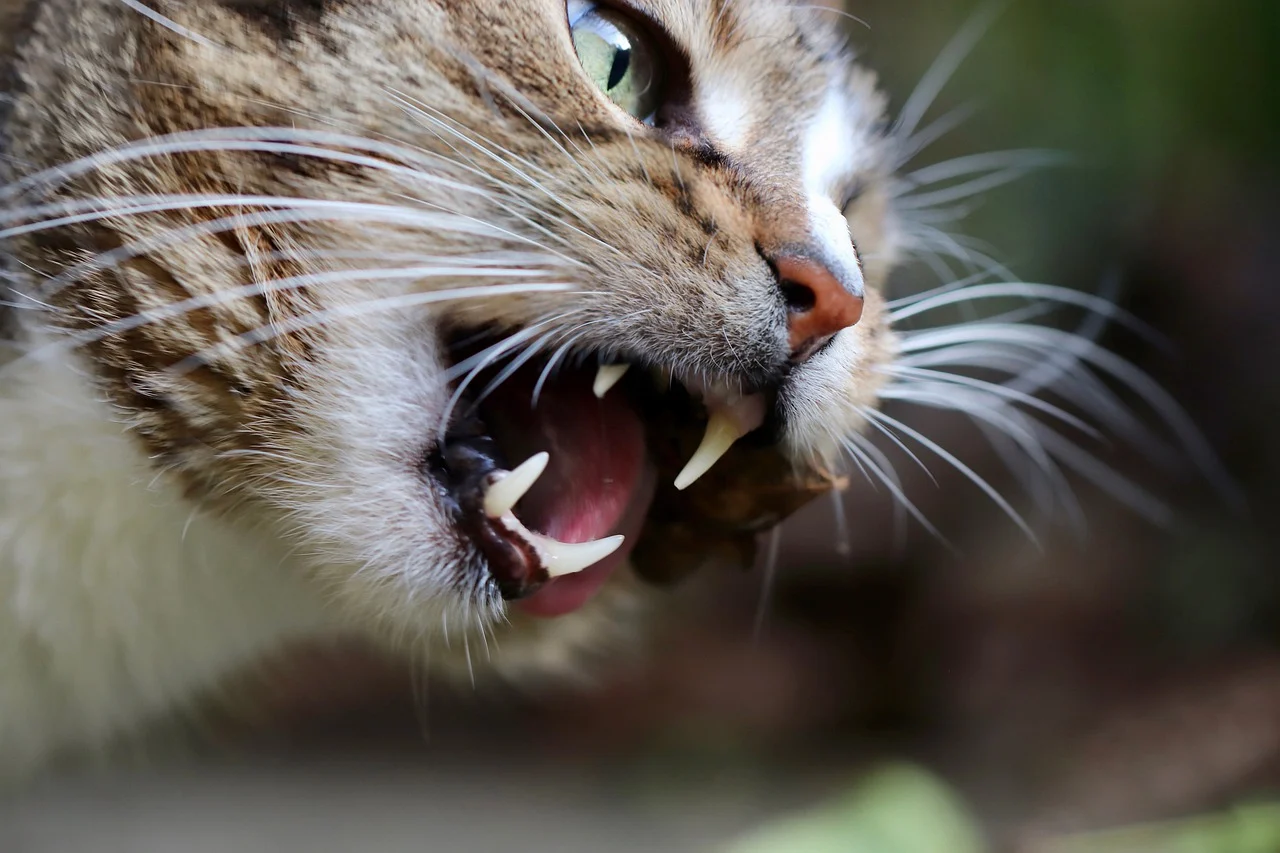
![Cats Show Affection How Do Cats Show Affection? [6 Unique Ways]](https://kitteria.com/wp-content/uploads/2022/08/Cats-Show-Affection-768x432.jpg)
